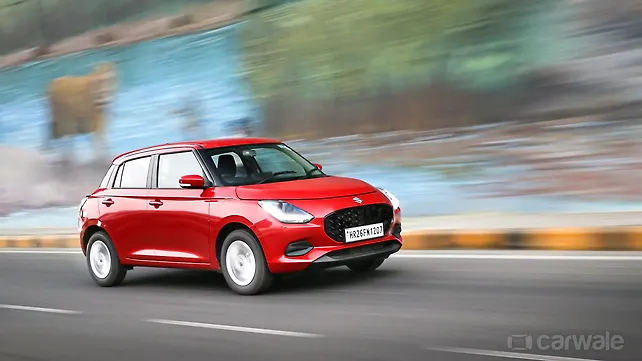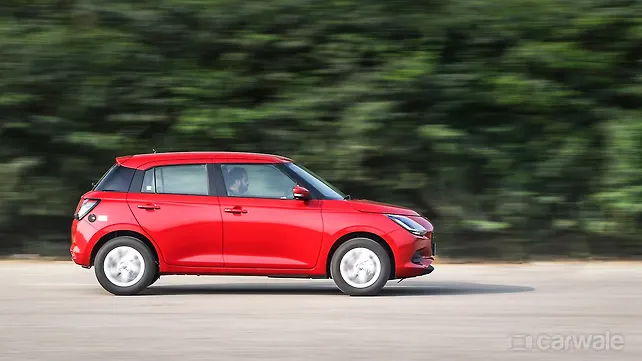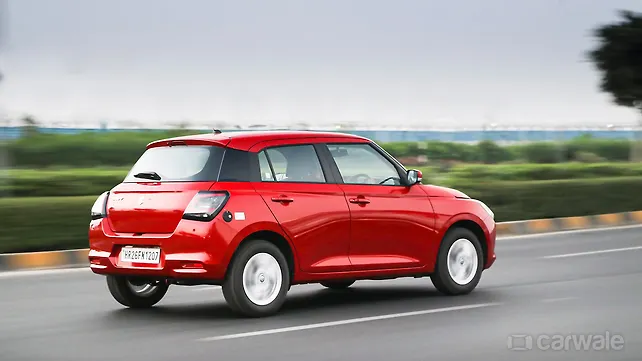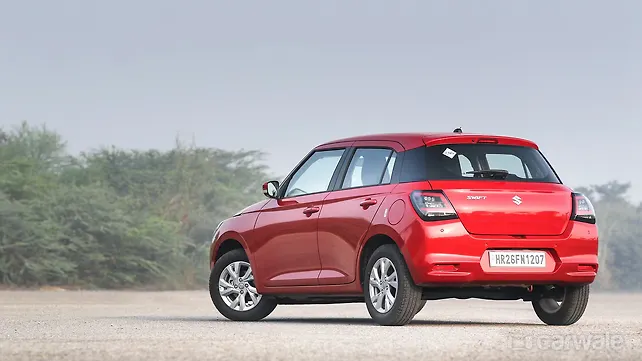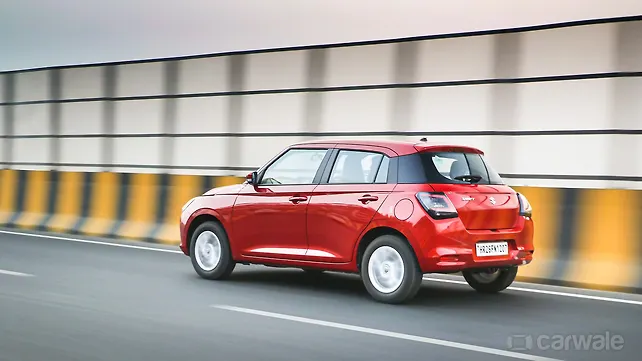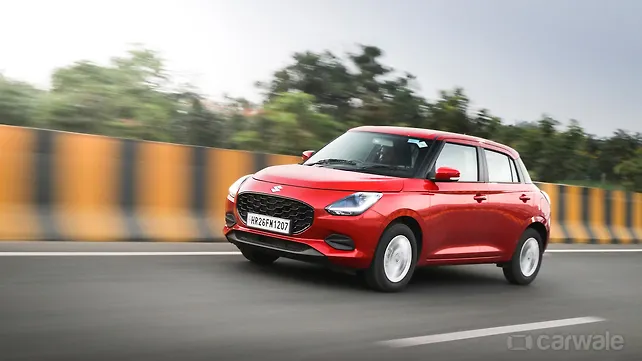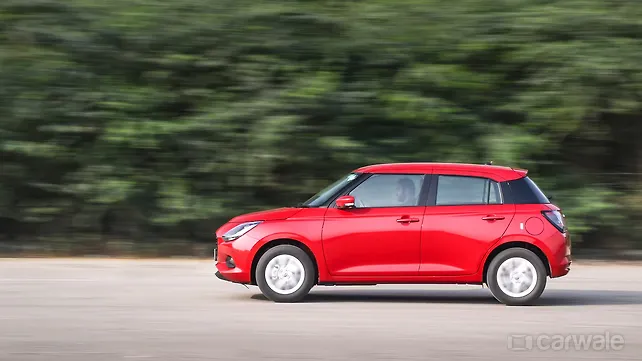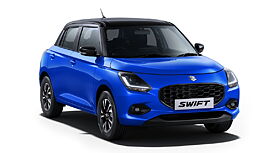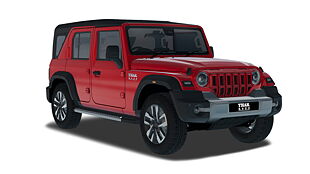Why would I buy it?
- Smooth engine
- Low running costs
- Widespread service network
Why would I avoid it?
- Limited boot space
- CNG variant lacks high-end features
What is it?

It’s the CNG version of the Maruti Suzuki Swift. Visually, it doesn’t look any different than the ZXI petrol-only variant because as it turns out, the ZXI trim is where the CNG range ends since Maruti isn’t selling the Swift CNG in the top-spec ZXI Plus trim. That said, there is a CNG sticker on the rear windshield and an external CNG filler cap next to the right-hand side tail lamp. The refueling situation screams afterthought and could have been better integrated, perhaps next to the petrol fuel inlet.

Nonetheless, the addition of the ZXI trim means you don’t miss out on a whole lot of features externally in the Swift CNG compared to the petrol-only ZXI Plus variant. You get projector headlights with DRLs, 15-inch alloy wheels, body-colored door handles with a request sensor on the driver and front passenger side, a rear wiper, and rear parking sensors. As for the additional features on the ZXI Plus variant, you get fog lamps, precision-cut dual-tone alloy wheels, and a rearview camera as standard. The other big highlight of the new Swift CNG is that the engine powering it now is an entirely new three-cylinder Z Series unit rather than the earlier K Series four-cylinder engine. What does this mean for performance and driving feel? Let’s find out.

Is the cabin of the Swift CNG any good?

Of course, the interior is largely unchanged for the CNG version. It’s all-black, decently put together, and like before you are greeted with a driving position that feels spot-on once you have adjusted the seat and the steering column to your preference. Apart from some of the missing features, the Swift CNG’s cabin has not changed although the same cannot be said for the boot area. We will get to that in a bit.

In terms of changes, the only visual difference compared to the petrol-only ZXI variant can be seen within the instrument console specifically designed for the CNG system. There is no distance to empty shown when running on CNG mode, but there is a dedicated fuel level gauge. The Swift can be seamlessly switched between its two fuel sources on the fly via a button on the panel, on the right side of the steering wheel. As for space and comfort, you are seated on the same seats with similar interior packaging as the regular Swift which means space isn’t an issue for a small family. Although a bit too soft, the seats are large and there is an adequate amount of knee room and headroom for average-sized adults. The feature list isn’t too bad, either, with the ZXI variant featuring things like projector LED headlights, a rear wiper, auto AC, rear AC vents, wireless phone charging, 60:40 split rear seats, and a seven-inch infotainment system with wireless Android Auto and Apple Carplay. Irrespective of which variant you pick, the Swift gets six airbags, ESP, ABS, and hill hold assist as standard.

The space inside the cabin is unchanged but it’s a completely different story when you open the tailgate. Unlike Tata and Hyundai who have adopted a more space-efficient twin-cylinder configuration for their CNG models, Maruti has continued with the age-old single-cylinder tech which takes up more space and to compensate for the space deficiency, they have removed the spare wheel.

The whole presentation isn’t as neat as we would like and although you have enough space to put two carry-on suitcases and a backpack into the Swift’s boot, you will eventually have scruff marks on the suitcases if you stuff them incessantly.

Is the Swift CNG any good to drive?
8 / 10

The 1.2-litre, three-cylinder Z Series engine is paired with a five-speed manual gearbox and makes 69bhp and 102Nm of peak torque. The petrol-only Swift, on the other hand, makes 80bhp and 112Nm of torque and as for the mileage, the CNG version has an ARAI-certified mileage of 32.85km/kg. Now with all the numbers out of the way, let’s get to the actual driving experience.

Yes, the power and torque figures are down compared to the petrol-only Swift but that doesn’t reflect the core essence of driving the Swift CNG. Firstly, the engine is incredibly smooth even in CNG mode. The old engine always seemed eager to rev more for maximum punch but this new Z Series engine seems to have taken a chill pill. It makes the majority of its power and torque in the mid-range, meaning one doesn’t need to rev it beyond 4,000rpm to make quick progress. In a way, this engine’s strong midrange performance allows you to adapt to a sedate driving style, which in turn should wring every bit of usable power from that drop of petrol or that hint of CNG.

Those familiar with the previous generation Swift would identify similarities in the way the new Swift rides over different surfaces. What this means is that at low speeds, the ride still borders on a firmer side although we would like to add that it is in no way uncomfortable over broken roads. Sure, you can hear the suspension working over potholes and expansion joints but the overall ride quality remains good for this price point.

Should you buy the Swift CNG?
7.5 / 10

There aren’t many CNG vehicles that look this good and drive this well and with this generation update, the Swift feels more upmarket. With the addition of the ZXI trim, the Swift CNG now gets you more features for your money. More importantly, the fact that the Swift is backed by the most trusted car brand in the country also helps its cause.
The Maruti Swift CNG can be had in VXi, VXi (O), and ZXi variants with ex-showroom prices ranging between Rs. 8.19 lakh and Rs. 9.19 lakh.
Pictures by Kaustubh Gandhi


